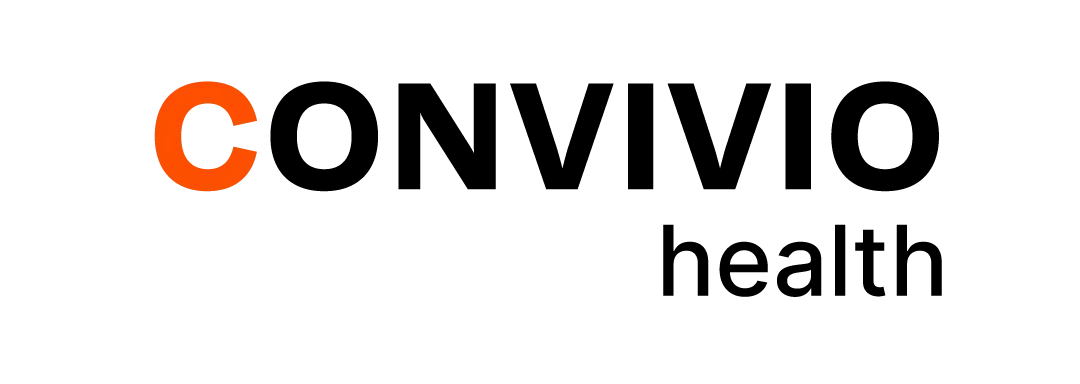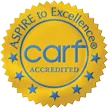CONCUSSION TREATMENT AND
MANAGEMENT
Within Convivio Health’s Sports Medicine Concussion Program, you'll
receive expert evaluation and personalized care to ensure the safest and fastest return to daily life and full recovery.
CONCUSSION TREATMENT AND
MANAGEMENT
Within Convivio Health’s Sports Medicine Concussion Program, you'll
receive expert evaluation and personalized care to ensure the safest and
fastest return to daily life and full recovery.
At Convivio Health’s Sports Medicine Concussion Program, our multidisciplinary team of
concussion specialists is committed to prompt evaluation and evidence-based care. We
understand how disruptive a concussion can be to your daily life but with the right treatment
and guidance, we’ll help minimize that disruption and accelerate your recovery.
Understanding Concussions
Concussions are the most common type of traumatic brain injury (TBI). Often referred to as “mild” TBIs, concussions occur when a blow or jolt to the head disrupts brain function, leading to a temporary energy imbalance in the brain. While concussions typically don’t cause structural damage visible on standard imaging, proper diagnosis and management are critical to avoid prolonged symptoms, long-term consequences, and decreased quality of life.
At Convivio Health’s Sports Medicine Concussion Program, our multidisciplinary team of concussion specialists is committed to prompt evaluation and evidence-based care. We understand how disruptive a concussion can be to your daily life—but with the right treatment and guidance, we’ll help minimize that disruption and accelerate your recovery.
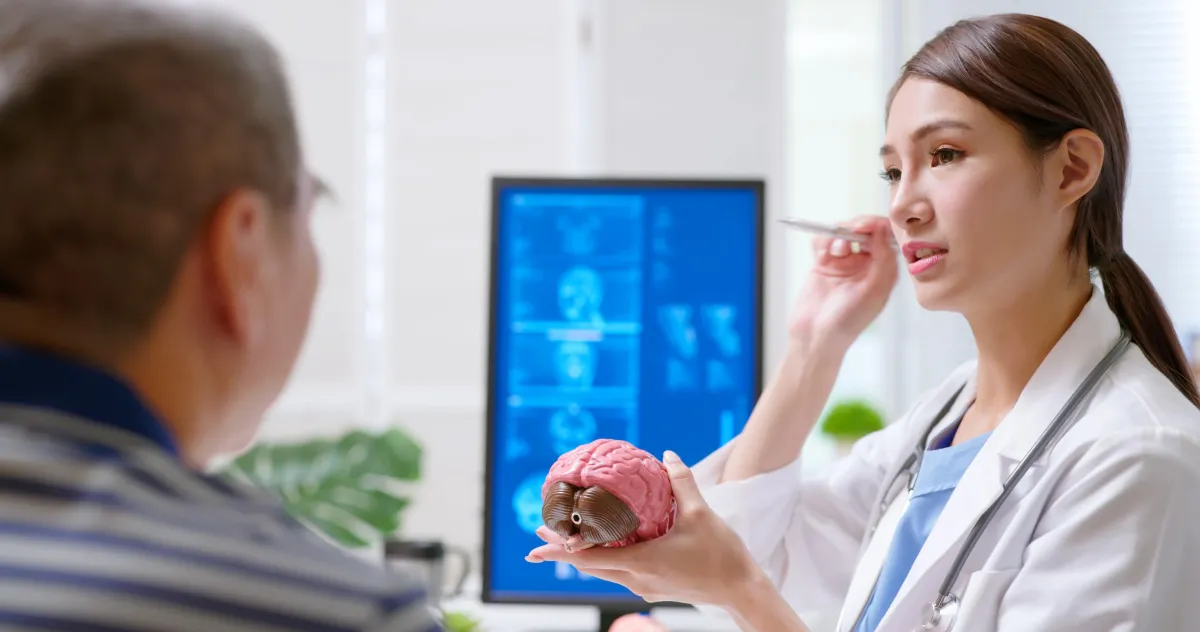
Ted Albrecht, PsyD
Ted Albrecht, PsyD, grew up in Phoenix, Arizona, before earning a double major in Economics and Psychology from the University of California, Santa Barbara. He discovered his passion for concussion care during a practicum at Children’s Hospital Los Angeles’s Sports Medicine Concussion Program and continued his training at esteemed institutions including UCLA and Kaiser Permanente.
Dr. Albrecht completed his residency training at the Gulf Coast Veterans Healthcare System, where he expanded his expertise in traumatic brain injury (TBI) while working in a dedicated TBI clinic. He then completed a postdoctoral fellowship at the world-renowned University of Pittsburgh Medical Center (UPMC) Sports Medicine Concussion Program—the only program in the country solely focused on concussion treatment. During his time at UPMC, he managed thousands of patients from initial injury through full recovery and regularly treated professional athletes.
Since completing his training, Dr. Albrecht has treated hundreds of concussion patients across the West Coast and currently consults with professional athletic organizations in the Seattle area, including the Seattle Sounders.
A dedicated advocate for concussion education and treatment, Dr. Albrecht has authored multiple publications in leading scientific journals, serves on the executive committee board of Brain Northwest, and frequently provides trainings and community presentations. His quality improvement initiatives have meaningfully advanced concussion care throughout Seattle and the broader Pacific Northwest.
Outside of work, Dr. Albrecht enjoys golfing, playing basketball, and cheering on Seattle’s sports teams as part of his newfound local fandom.
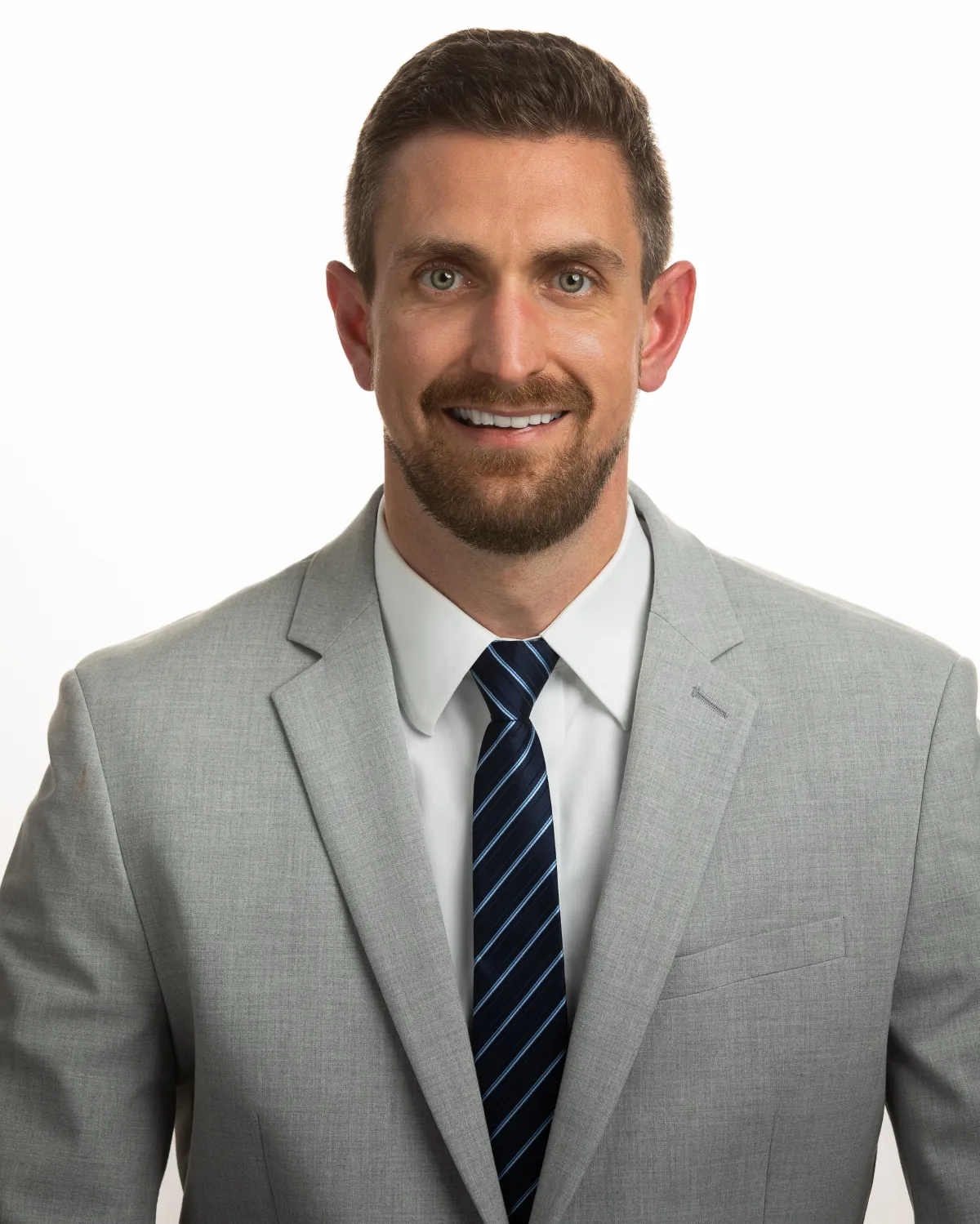
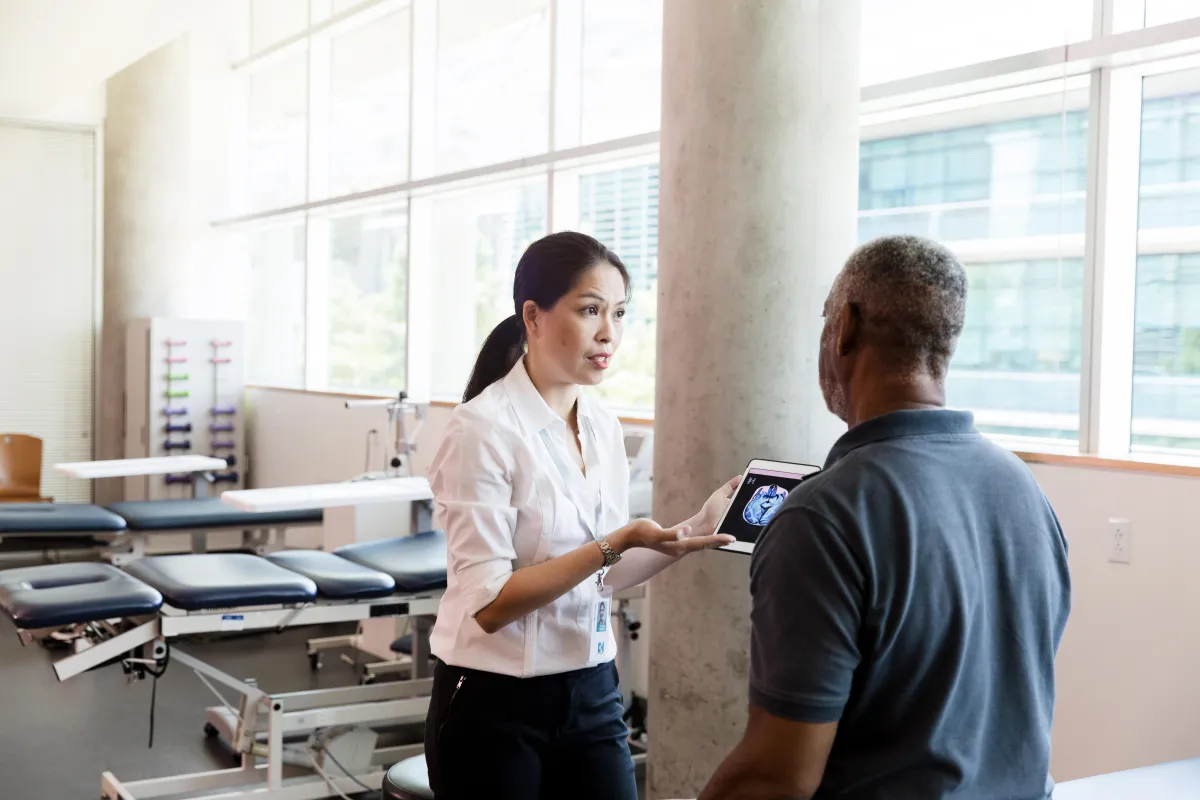
Our Approach to Concussion Treatment
Convivio Health’s concussion program is rooted in evidence-based care, combining trusted best practices with gold-standard assessments to guide every step of your recovery.
The evaluation process includes a detailed medical history, physical and cognitive examinations, and the development of a personalized treatment plan tailored to your
specific needs.
With extensive experience treating thousands of patients, from the moment of injury through full recovery, Dr. Albrecht combines clinical expertise with compassionate care to guide your healing process.
Using gold-standard assessment tools, Dr. Albrecht will:
1. Take a detailed medical history
2. Conduct a thorough physical examination
3. Perform cognitive testing
4. Create a personalized treatment plan tailored to your specific recovery needs
What kind of treatment might I receive?
Because of the brain’s complexity, and the fact that no two concussions are exactly alike, treatment must be highly individualized.
Based on the results of your evaluation, your care plan may include any combination of the following interventions:
1. Behavioral recommendations
2. Activity modifications
3. Return-to-work or return-to-play planning and guidance
4. Customized exercise programs
5. Visual and/or vestibular rehabilitation
6. Occupational Therapy
7. Physical therapy
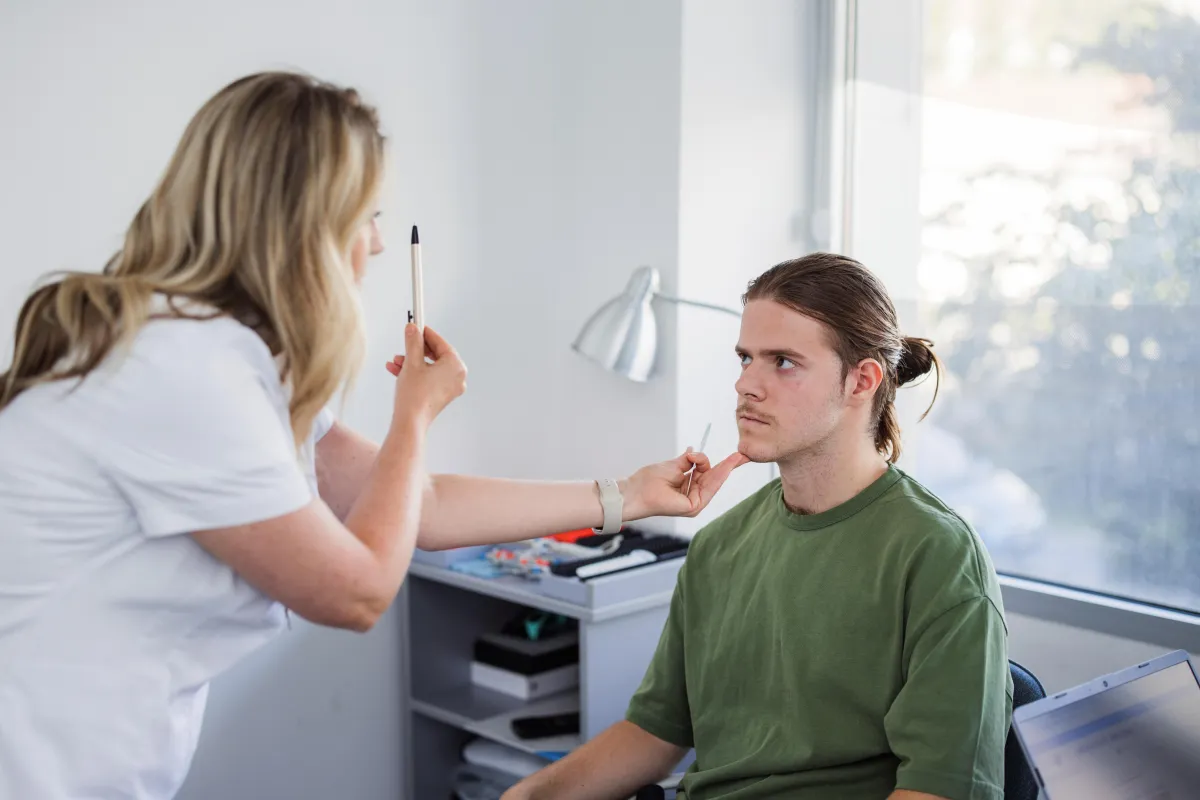
Frequently Asked Questions
What is a concussion and how does it happen?
A concussion is a mild traumatic brain injury caused by a force direct or indirect—that makes the brain move rapidly inside the skull. This movement creates an acute energy crisis in the brain, making it work harder to perform basic functions and leading to symptoms during everyday tasks.
What are common symptoms of a concussion?
Typical symptoms include:
• Headache or pressure in the head
• Dizziness, balance issues, or nausea
• Fatigue or drowsiness
• Blurred or double vision
• Sensitivity to light or sound
• Difficulty concentrating or feeling “foggy”
• Sleep disturbances or emotional changes
Can you get a concussion without hitting your head?
Yes. A sudden jolt like whiplash from a car accident or fall can cause the brain to move rapidly within the skull, leading to a concussion even without direct head contact.
Do I need to lose consciousness to have a concussion?
No. Most concussions do not involve a loss of consciousness. Roughly just 10% of concussions result in a loss of consciousness.
What should I do if I was just diagnosed with concussion?
Schedule an appointment promptly with a concussion specialist. Early intervention has been shown to significantly reduce the risk of prolonged recovery.
Relative rest for the initial 24-48 hours (i.e., light non-risk physical activity and screen use are okay so long as they do not result in a significant provocation of symptoms)
Avoid high-risk or potentially unsafe activities until formally cleared to re-engage in these activities
If more serious injury has been ruled out (i.e., brain bleed, swelling), maintain a consistent sleep schedule. Sleep is crucial for recovery.
Consult your provider before adding any new medications
When should I seek emergency care after a head injury?
Seek immediate care if you experience:
• Loss of consciousness
• Seizures or repeated vomiting
• Worsening confusion or disorientation
• Slurred speech or vision changes
• Weakness or numbness in limbs
• Severe or worsening headache
How is a concussion diagnosed?
There is no single test for concussion. Diagnosis involves a detailed clinical exam and may include cognitive, balance, and vision assessments. Imaging like CT or MRI is rarely needed unless there are red flags for more serious injury.
When can I return to sports or physical activity?
Only after medical clearance and a structured, stepwise return-to-play
protocol:
1. Light aerobic exercise
2. Moderate activity
3. Non-contact training
4. Controlled contact practice
5. Full competition
Each stage should be guided by a healthcare provider trained in
concussion management.
Are concussions different in children and teens?
Yes. Kids and teens often take longer to recover up to 4 weeks or more and may show different symptoms. They require more cautious management, including tailored return-to-school plans, and are at higher risk for prolonged recovery and complications.
Can concussions have long-term effects?
Most people recover fully from a single concussion. However, repeated concussions, poor management, or returning to high-risk activity too soon can increase the risk of long-term symptoms and complications.
Is concussion treatment covered by insurance?
Most insurance plans cover concussion care, but coverage varies. Check with your provider to confirm benefits and whether a referral is needed for specialty services.
READY TO Take
Start Your Concussion Treatment Today
An expedient and safe recovery are our top priorities.
Convivio Health | 16201 25th Ave W Lynnwood, WA 98087 | Email: [email protected] | Phone: (425) 774-9564 | Fax: 425.775.9634
Copyright 2026. Convivio Health. All Rights Reserved.
